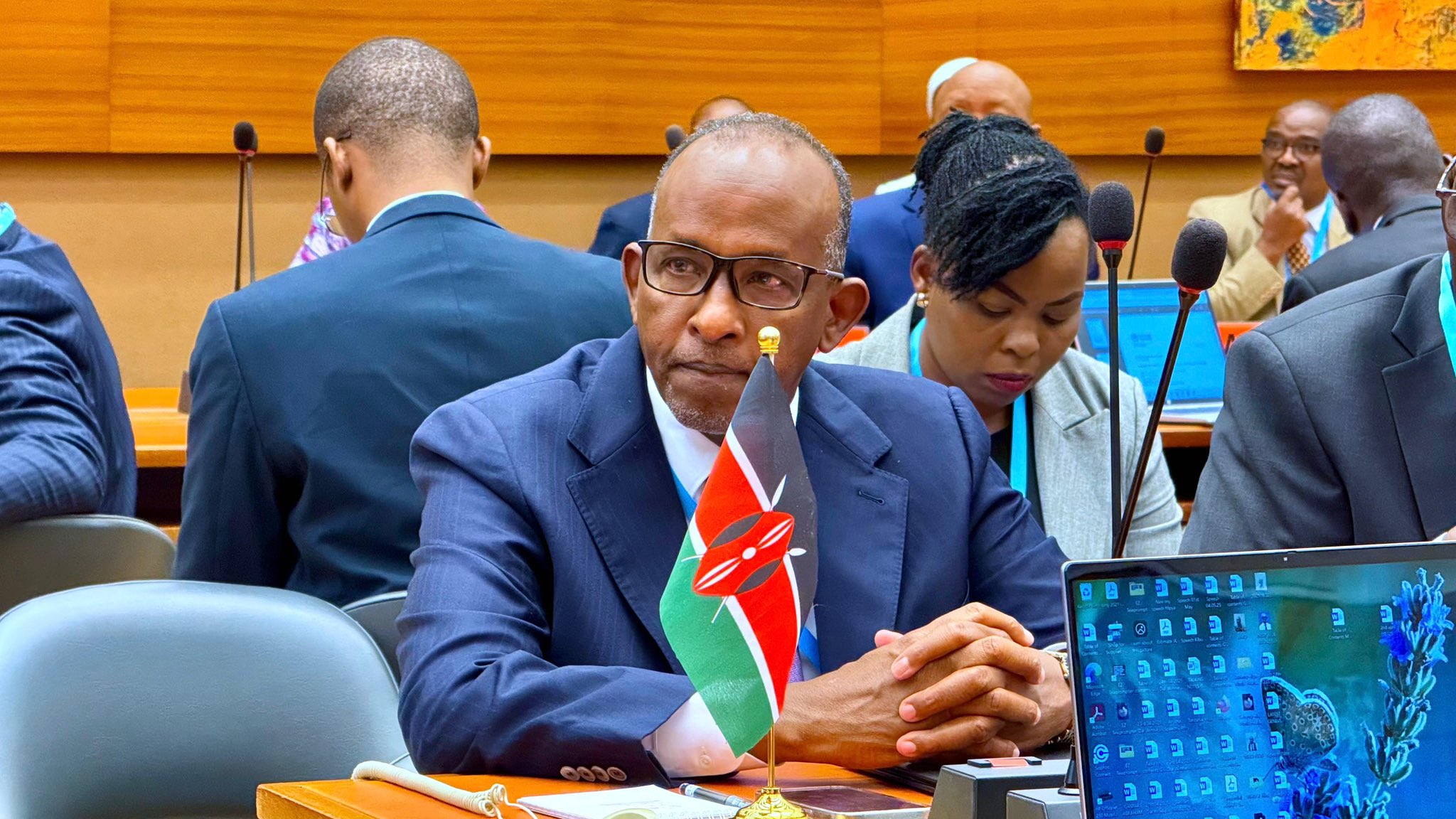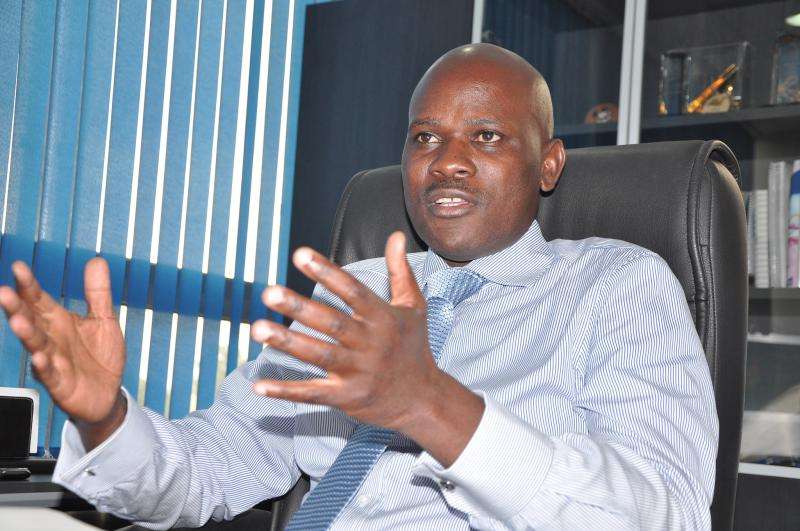In a significant operation underscoring Kenya’s intensified efforts to combat the Illicit Alcohol Trade, authorities recently seized 8,750 litres of suspected illicit ethanol in Webuye town, Bungoma County. The ethanol was ingeniously concealed beneath cartons of milk in a vehicle intercepted by a joint team comprising the National Police Service, Kenya Revenue Authority (KRA), and NACADA.
Dr Anthony Omerikwa, CEO of NACADA, hailed the seizure as a breakthrough in the fight against illicit substances. “This was not just an attempt to break the law; it was an intentional move to endanger lives,” he stated at the scene. He further emphasized NACADA’s commitment to pursuing individuals involved in the manufacture, trafficking, and sale of illegal substances, noting that their assets would be traced and seized under the Proceeds of Crime and Anti-Money Laundering Framework.
The ethanol has been dispatched to the Government Chemist for analysis, with preliminary investigations suggesting it was intended for the manufacture of illicit alcohol.
This incident is not isolated. In October 2024, KRA officers intercepted 7,500 litres of illegal ethanol at the Lwakhakha border station in Bungoma, cleverly hidden under two tons of oranges. Similarly, in December 2024, detectives in Nyahururu seized 22,000 litres of ethanol concealed beneath construction blocks in a truck that had been diverted from its declared route. Earlier, in August 2024, a joint operation by KRA and the Directorate of Criminal Investigations (DCI) led to the seizure of over 40,000 litres of smuggled ethanol disguised as imported molasses, preventing a tax loss of over KSh20.5 million.
The proliferation of illicit alcohol poses significant health risks, including fatalities and long-term health complications. The government estimates losses of approximately KSh30 billion annually due to counterfeit alcohol made from illegal ethanol. The economic impact extends beyond tax evasion, affecting legitimate businesses and public health systems.
Dr Omerikwa urged the public to report suspicious activities anonymously through the toll-free hotline 1192. “Community support is crucial. Let us protect our youth and safeguard the future,” he emphasized. He also highlighted the importance of enhanced intelligence sharing across government agencies to dismantle the networks behind Kenya’s Illicit Drug Trade.
The recent seizure in Webuye serves as a stark reminder of the ongoing challenges in combating Kenya’s Illicit Alcohol Trade. The government’s multi-agency approach, coupled with community involvement, remains vital in addressing this pervasive issue.





